Cancel Culture and the Evolution of Media Freedom: From Press to Clicks
The democratic right to freedom of speech, which once found its voice in ink and paper, is now ensnared in a digital web. Historically, traditional newspapers, lauded as the epitome of journalistic integrity, were the bastions of free expression. As we transitioned from paper to pixels, the nature and essence of news consumption underwent a seismic shift and the impact of Cancel Culture.
From Pressed Ink to Digital Footprints: The Evolution of Media
The golden age of print journalism was characterized by in-depth reporting, thorough fact-checking, and a conscious effort to maintain a balanced perspective. Newspapers, in their heyday, not only informed but also educated the masses. Their success was measured by the trust they garnered and the community they built among readers.
But with the dawn of the digital age and the meteoric rise of online news platforms, this revered temple of truth faced an existential crisis. The immediacy of the internet, while a boon in terms of information dissemination, also brought about its own set of challenges. Online articles became not just a source of information but also a medium of interaction. Comment sections burgeoned, facilitating instantaneous feedback. This new architecture gave birth to the democratization of news, where everyone could voice an opinion.
However, the transition was not without pitfalls. With the internet’s vastness came the incessant need for continuous content. News websites, battling in an oversaturated market, began to value virality over veracity. It became evident that polarizing, sensationalist content drew more clicks, and thus, more revenue. Data began to point towards a troubling trend: a significant number of online platforms were leaning towards writers who could produce contentious pieces, irrespective of their journalistic integrity. The shift from a subscription-based model to an ad-based one meant that clicks equated to cash.
Cancel Culture: The Paradox of Progressivism
In this maze of digital narratives emerged a beast born of good intentions but mutated by misuse: cancel culture. A term now synonymous with online ostracism, cancel culture is the modern equivalent of a public shaming. As George Carlin might quip, “In a world so woke, we’ve ironically dozed off to our own dogmas.” A single tweet, a misinterpreted statement, or a past faux pas can catapult an individual into a digital abyss.
The intensity and immediacy of these online lynchings often lack proportionality. While the intention might be to hold individuals accountable, the mechanism and magnitude often feel more punitive than corrective.
The Silent Menace: Self-Censorship
The overarching shadow of cancel culture is birthing a subtle yet equally alarming phenomenon: self-censorship. Digital platforms, initially celebrated as realms of free expression, are now turning into treacherous terrains. People, apprehensive about the backlash their opinions might invite, are choosing silence over speech.
This self-regulatory behavior, stemming from the fear of being “canceled”, is reminiscent of dystopian tales where speech is monitored, and thoughts are controlled. Such a climate doesn’t merely stifle creativity; it lays the foundation for a homogenized society, devoid of debates and discussions. Pioneers of free thought, from J.K. Rowling to Noam Chomsky, have found themselves ensnared in this digital dragnet, spotlighting the perilous path we tread.
A Tale of Two Hypocrisies: Global Stances on Free Speech
The dichotomy of free speech advocacy is glaringly evident in the global arena. Western democracies, historically the torchbearers of free speech, find themselves grappling with this self-made monster. While they rightfully criticize nations like Russia and China for overt free speech transgressions, there’s a rising undercurrent within their borders aiming to mute voices that don’t align with popular narratives.
This duality presents a challenge best viewed through the lens of Noam Chomsky, emphasizing the structural hypocrisy inherent in the system. It’s a paradox of promoting freedom of speech on international platforms while subtly curtailing it within domestic confines, masked under the pretext of societal propriety.
Conclusion
Freedom of speech, once the rallying cry of democracies, now treads on fragile ground. As we traverse this complex landscape, from digital news platforms driven by clicks to societal norms that paradoxically stifle in the name of progress, there’s a need to introspect and recalibrate. Recognizing the challenges—be it from biased content motivated by commercial interests, cancel culture’s punitive purview, or the quiet erosion through self-censorship—is the first step. The road ahead demands a collective effort, ensuring the digital age remains a beacon of free thought and not its tombstone.
Discover OpenWord’s White Paper: Charting a Future for Unbridled Freedom of Speech.



